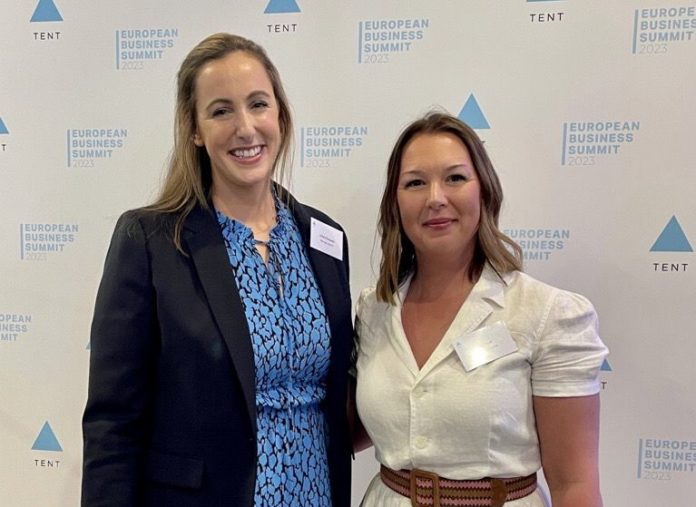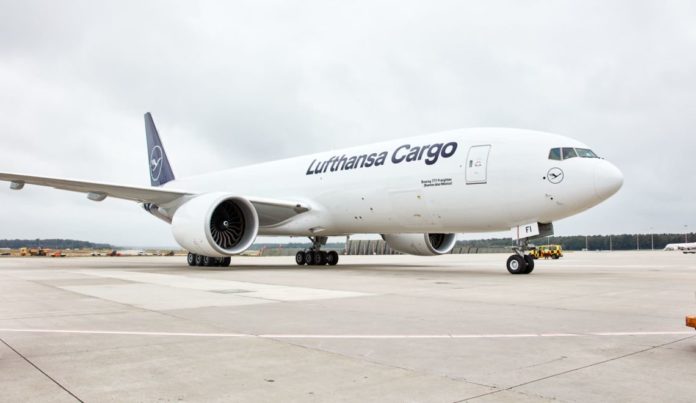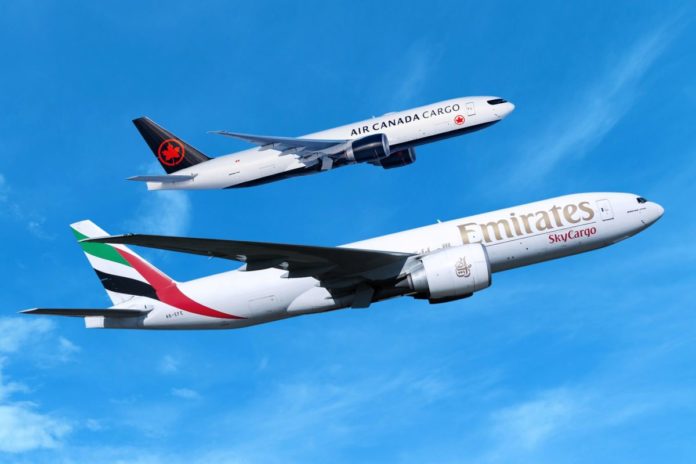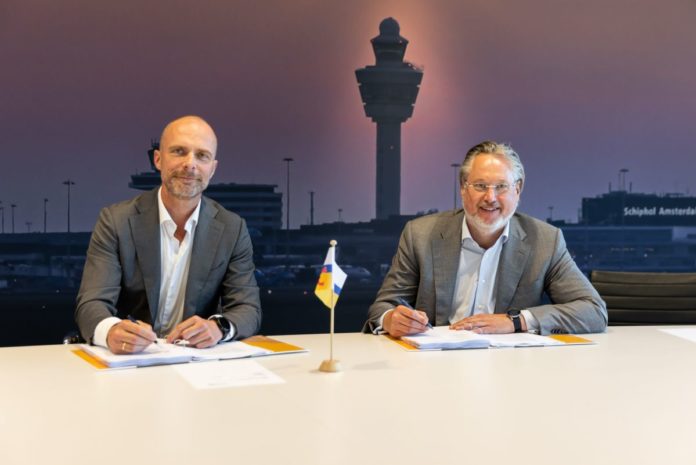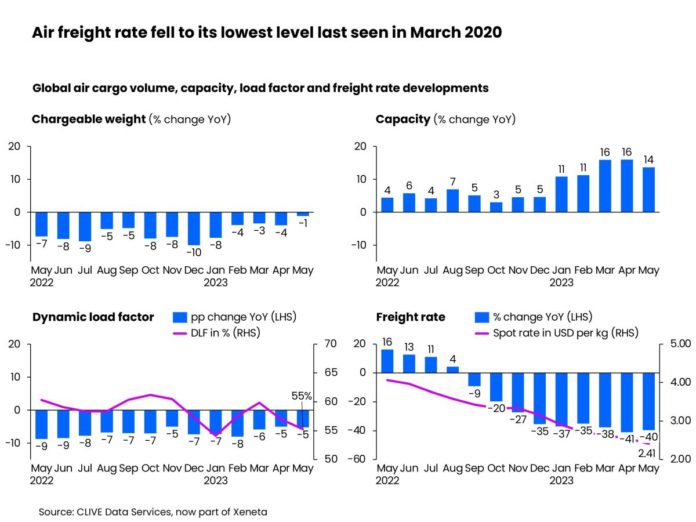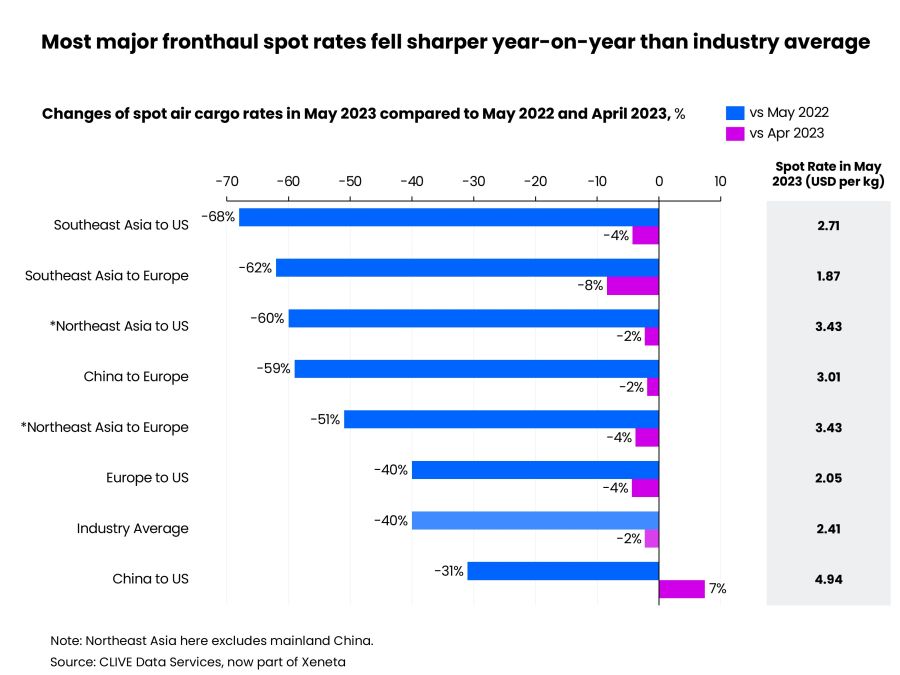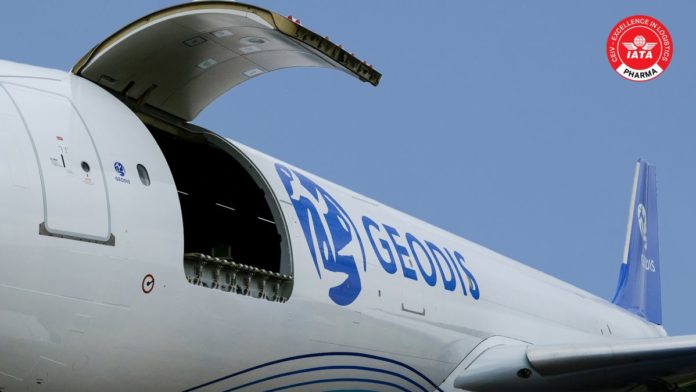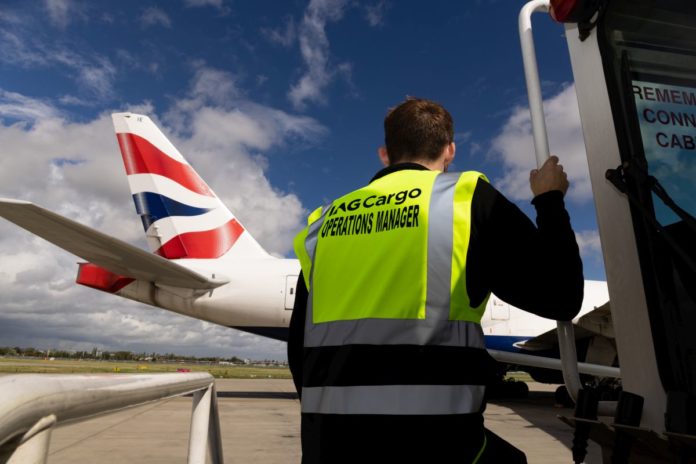On the eve of World Refugee Day and as Europe faces its largest refugee crisis since World War II Menzies Aviation has commited to employ 150 Ukrainian refugee women and others at the Tent European Business Summit in Paris. The event was organised by the Tent Partnership for Refugees (Tent), a global network of more than 300 companies committed to supporting the economic integration of refugees.
Menzies Aviation, the leading service partner to the world’s airports and airlines, joins dozens of major employers including Accenture, Adecco, Amazon, Genrali, Marriot International, Microsoft and Teleperformance in pledging to provide jobs and training to tens of thousands of refugees across Europe over the next three years. Collectively, this is the most significant set of business commitments ever made to advance the economic integration of refugees.
As well as hiring 150 refugees in Europe, Menzies has set an overall goal of recruiting refugees equivalent to 1% of its global workforce over the next three years. It has also committed to providing training and support, including local language lessons, for all new refugee recruits.
Since the war in Ukraine, Menzies has hired 20 Ukrainian refugees in Europe and, more recently, in Montreal, Canada, reaching out to Ukrainian aviation services companies to offer employment to people fleeing the country.
Pictured: Menzies Aviation chief people officer, Juliet Thomson, with head of sustainability Katy Reid at the Tent Summit in Paris







